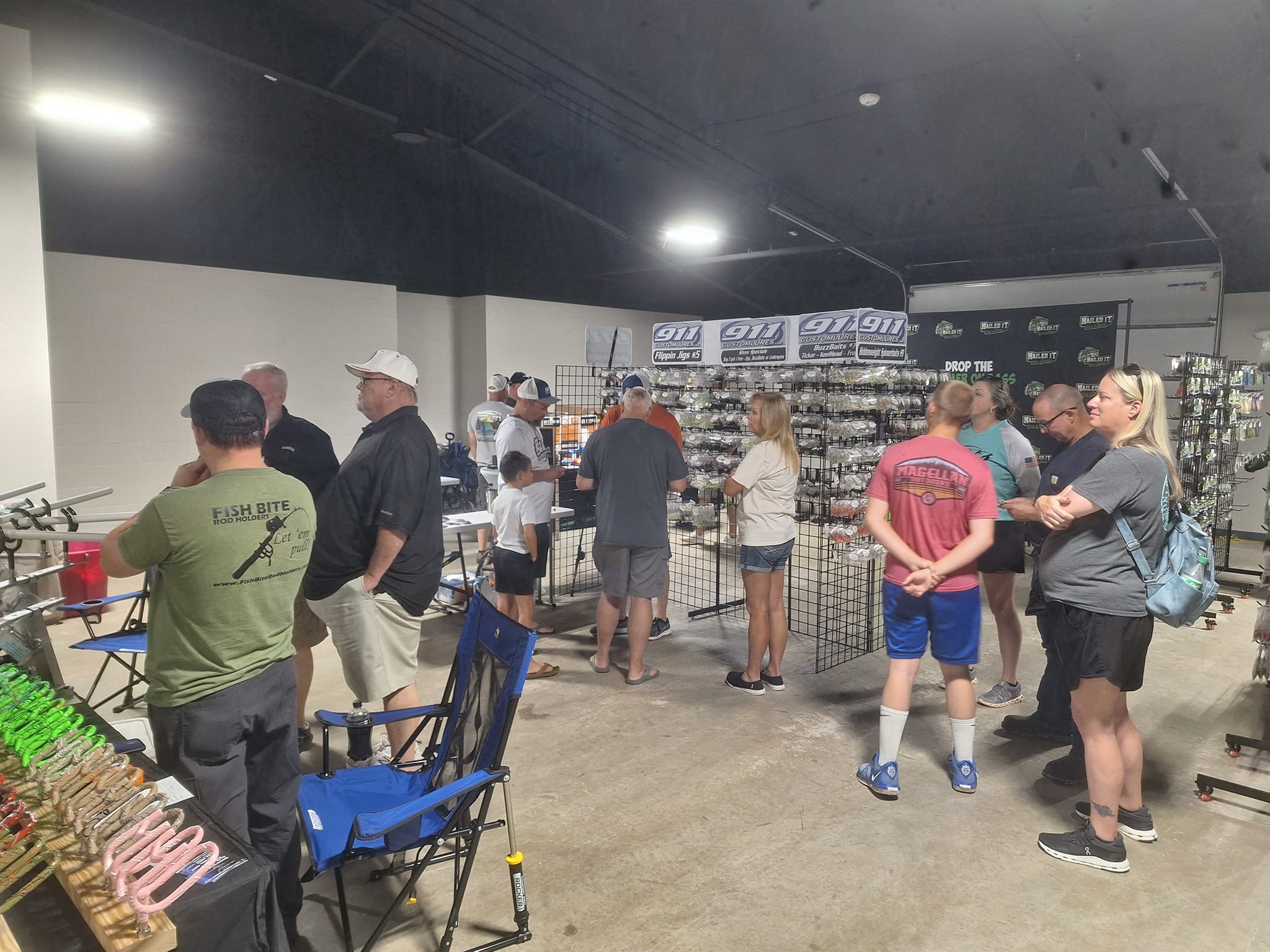Goetz: ‘We try to be a smiling face, but that’s tough to do when you’re wearing a mask’
Published 9:50 am Friday, July 31, 2020
|
Getting your Trinity Audio player ready...
|
The following first appeared in the August issue of The Rotarian, the magazine for Rotary Clubs, in an article by Geoffrey Johnson. It features comments by Jan Goetz, a Hospice nurse and president of the Rotary Club of Albemarle.

Jan Goetz
I have been a nurse for 43 years, and this will be my 16th year doing hospice care. I love what I do. I can’t imagine doing anything else. It’s a privilege when families allow us to walk this journey with them. It’s a very sacred time. They allow us into their homes, and we become part of their family, and they become part of our family. It’s not just a job; it’s a ministry.
Everything changed with this virus coming around. Imagine facing a terminal illness: You’ve been told you’ve got six months or less to live. The family is dealing with that. They’ve come to the conclusion that hospice is what they need. They decide, “We want comfort care; we just want to enjoy the time we have left.” People are fragile anyway, and suddenly this virus hits.
Trending
Most of the patients we visit are at home, but we also have patients in nursing homes and assisted living. All of a sudden, those nursing homes and assisted living places are locked down. Even for our home patients, their families are not allowing people to visit. Not only are our patients dealing with their terminal illness, but now they can’t spend time with the people they love. I have a patient with pulmonary fibrosis. Her whole life is her grandchildren and her great-grandchildren, and she has not seen them for weeks. It breaks my heart, because we don’t know that she’ll live long enough to spend time with them again.
As hospice workers, we’re trying to keep our people safe. We want to make sure COVID-19 stays out of their homes. So the hardest part for us is not being able to love on our patients and their families. The people who go into hospice care have a heart for people and a heart for the dying. Most of us are touchy-feely people. The first thing we do when we arrive at a home is hug our patients and our families, and we can’t do that now. It tears us apart. We’re losing that personal part of what we do. We try to be a smiling face, but that’s tough to do when you’re wearing a mask.
We have to get close enough to take our patients’ vital signs. We use those times to get close to people, to touch them. It’s really the only chance we have. At the end of my visit, when I’m at a safe distance, I take my mask down. The families see my face, and we smile. But it’s not the same. When I finally leave the home and I’m back in my car, I cry.
It’s very, very difficult.
I am not the hero in this situation. Our patients and our families rise to the occasion and deal with the hand that they’ve been dealt the best they know how. Through all this, they are the ones who are the heroes.
Reprinted by permission from The Rotarian magazine, August 2020. Copyright © 2020 Rotary International. All rights reserved.
Trending
Subscribe to our email newsletter






